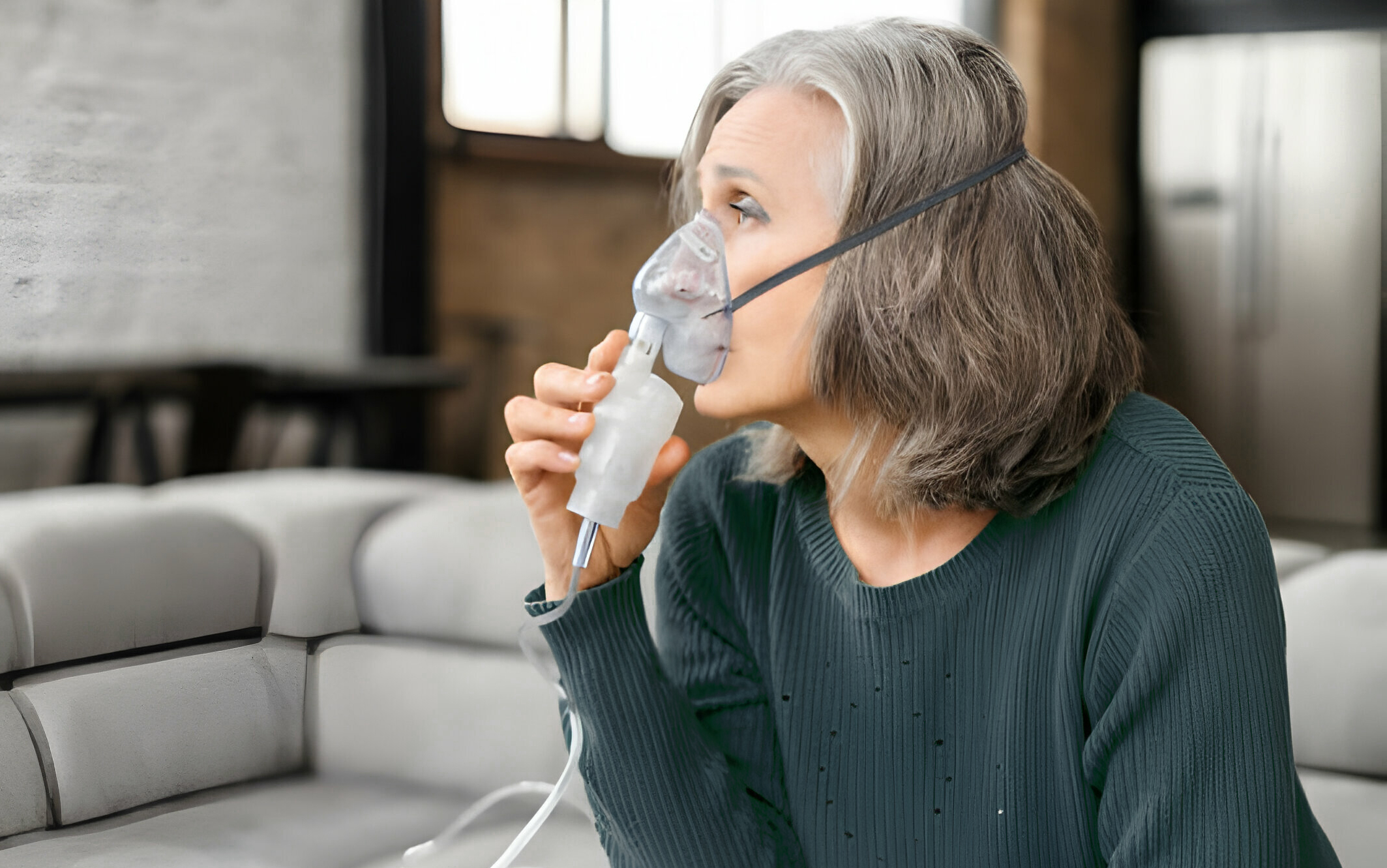Home oxygen therapy for COPD: Does it matter whether the patient is hypoxemic? Evidence vs Reality?
Long-term oxygen therapy (LTOT) is given to improve survival time in people with COPD and severe chronic hypoxemia at rest. The efficacy of oxygen therapy for breathlessness and health-related quality of life (HRQOL) in people with COPD and mild or no hypoxemia who do not meet the criteria for LTOT has not been established. Scientific evidence for its benefits of LTOT dates back to the 1980s when two randomized controlled trials showed prolonged survival in COPD-patients undergoing LTOT for at least 15 hours/day. In contrast, the potential benefits of LTOT in non-COPD-patients has not been well researched and the recommendations for its application are primarily extrapolated from trials on COPD-patients.
Recent Cochrane analysis found that oxygen can relieve breathlessness when given during exercise to mildly hypoxaemic and non-hypoxaemic people with chronic obstructive pulmonary disease who would not otherwise qualify for home oxygen therapy. Findings show that COPD patients without severe hypoxemia undergoing oxygen therapy during exercise training over time do not achieve better exercise capacity or health-related quality of life compared with placebo.
However, LTOT has a beneficial effect on quality of life, dyspnea, and exercise capacity in patients with COPD and exertional hypoxemia.
Source:
Oxygen for breathlessness in patients with chronic obstructive pulmonary disease who do not qualify for home oxygen therapy
https://www.cochranelibrary.com/cdsr/doi/10.1002/14651858.CD006429.pub3/full
J Bras Pneumol. 2018 Sep-Oct;44(5):390-397. doi: 10.1590/S1806-37562017000000019.
Impact of adherence to long-term oxygen therapy on patients with COPD and exertional hypoxemia followed for one year.
https://www.ncbi.nlm.nih.gov/pubmed/30517340


Leave A Comment